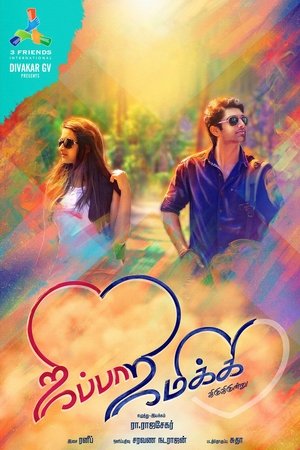
Jippaa Jimikki
Call it law of averages doing its duty or some cosmic force maintaining the balance, the only reason for the existence of a film like Jippaa Jimikki seems to be to ensure that we do not get over-excited and think Tamil cinema is turning over a new leaf when we get to see two well-made films (Kirumi and Kuttram Kadithal) in the same week. In fact, there is no other reason why the film could have been made for. Director Rajasekaran seems to have dug up a plot — of people who hate each other ending up falling in love during the course of a journey — that the industry had conveniently buried for good in the 90s. And he mutilates this already dead plot with insipid and illogical writing that makes the film feel like a Vigil Idiot comic turned into a film. And as leads, he has two people (calling them actors somehow feels weird) who seem incapable of moving any muscle on their face to even hint that they can emote. The film revolves around Krishik (Krishik) and Shruti (Kushbhu), who can't stand each other. But their parents (Naren being one of them), who are good friends, insist they get married, even though the youngsters tell them it won't work. So, the duo gets a bizarre idea that they should take a journey together (the reason is a common friend's wedding) to show that they are totally incompatible. And on this trip, they come across different sorts of love stories — a lorry driver (Ilavarasu) who abused his wife when she was alive but now pines for her, an old couple who are in love but have remained unmarried because their parents did not approve of their match, a farmer (Rajendran, who gets to talk about inter-state unity) who is affectionate towards his speech-challenged wife and so on. Somehow, the duo becomes attracted to one another, but has a breakup over an inconsequential matter, and gets back together again, only to have a villain drop out of the blue and leave them fighting for their dear lives. And in the background, the score breaks into a song that wails Aiyyo Aiyyo. Perhaps it is the director's way of symbolically reflecting his audience's mindset by this point of time.
